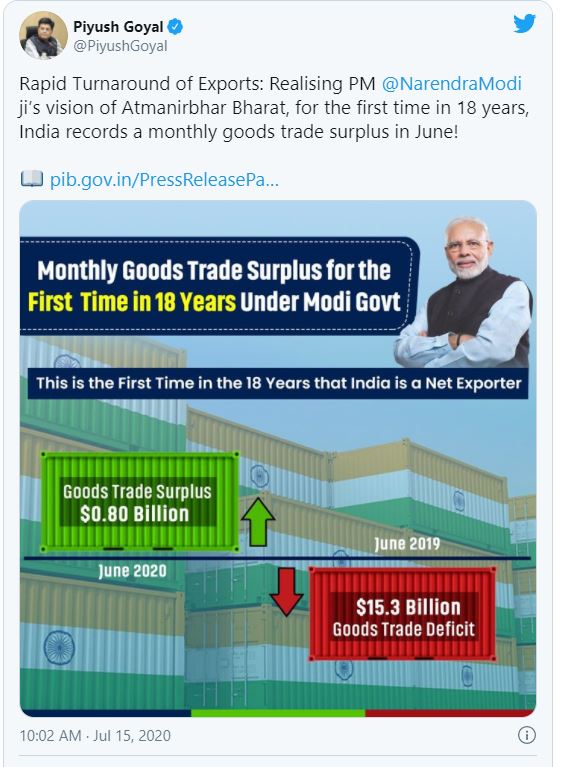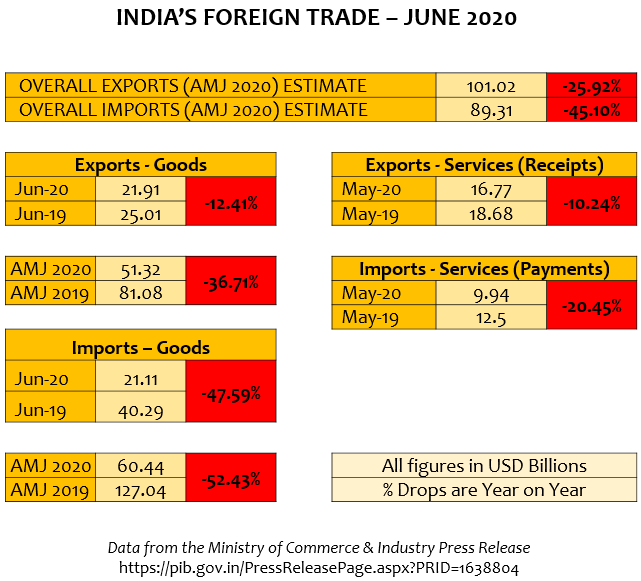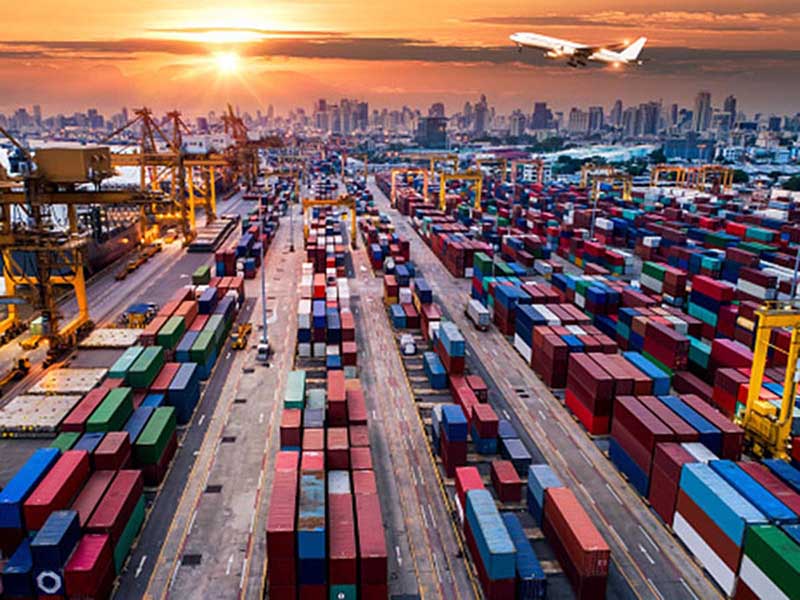By Santhosh D’Souza. First Published in Media Scanner on 17 July 2020.
The past six years have seen the Indian government, and allegedly co-opted bureaucracy, systematically erode the trust-worthiness of economic and social statistics. The sordid saga began with what is probably the headline indicator of economic health – the GDP.
The framework of India’s GDP calculations has been questioned throughout the period – the reliance on the MCA21 database of companies was controversial and critics were validated by the 2019 finding that 38% of the included firms were untraceable or wrongly classified. The nominally independent but highly politicized Niti Ayog twice rejected back-series calculations using the 2011-12 base year when they showed higher GDP growth under the previous government (UPA), despite having no legitimate authority in the process. The calculations were swiftly published when they pushed growth under the UPA years below the growth under the new regime, despite all other economic indicators pointing in the very opposite direction. Then there was the unfathomable 8.2% GDP growth declared for FY17 – the year of Demonetization.
The other egregious example was the suppression of unemployment statistics. The government’s refusal to publish the 2017-18 data led to the resignations of both the non-government nominees in the National Statistical Commission. The leaked report indicated that the unemployment rate was at its highest in five decades. The government denied the veracity of the leaked figures, but when data was finally published after the May 2019 national elections, it turned out to be the very statistics that were leaked.
It is therefore unsurprising to hear what the Minister of Commerce and Industry, Piyush Goyal, had to say about trade statistics and estimates that his ministry released for the quarter ended June 2020. Goyal presented the quarterly figures as a historic achievement – Modi facilitated a trade surplus, he claimed, the first in 18 years.

He also called it a “rapid turnaround of exports” without explaining what exports were turning around from, and how a year on year decline of 26% in exports was a turnaround.
Goyal is possibly relying on an insufficient understanding of international trade in his audience to ensure that citizens unquestioningly accept this rosy picture. A trade surplus might be seen by many as a positive, but the true state of affairs is exposed when one looks at the underlying statistics:

The sea of red across the year on year comparisons and across exports and imports is immediately apparent. What is also obvious is that imports in particular have cratered. Some more reading clarifies what really happened

The value of the overwhelming majority of imported goods has collapsed in June 2020 compared to that in June 2019. Given this precipitous decline in imports, it would have been a miracle were there to have been a trade deficit.
It is worthwhile pointing out that no one expects any economic miracles anywhere across a planet reeling from the effects of the pandemic. If Goyal had written that the statistics were in line with the prevailing global environment, no one would have raised an eyebrow.
It is the consistent refusal by him and the government to paint an unvarnished portrait that call into question every statistic they produce. Readers, lay and expert, find themselves poring over every bit of published data to unearth the true picture.
When the credibility of official statistics has been irrevocably compromised by previous actions, this particularly crude attempt to gild a drooping lily is nothing short of ludicrous.
Disclaimer :The opinions expressed within this article are the personal opinions of the author. AlignIndia does not take any responsibility for the content of the article.
Santhosh D’Souza (@santhoshd) combines professional interest in technology with a passion for science, history, mythology and current affairs.


